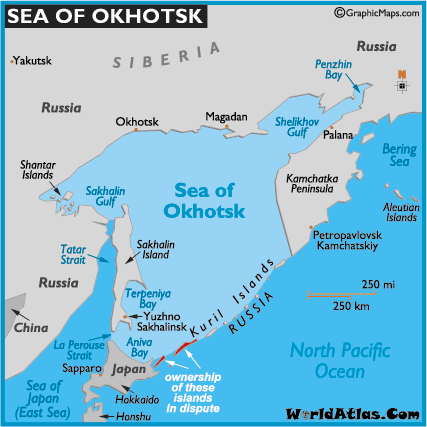Obama: "I'm not going to be scrambling jets to get a 29-year-old hacker"
translation: "I'm not going to be scrambling jets to get a 29-year-old hacker because I don't have to. I'll just get a bunch of European nations to deny passage to an Ecuadoran diplomatic transport plane on the off chance Snowden might be on board. If My Man Eacho can bundle me $600,000 - he can search the Ecuadoran presidential jet easily."
Holder: "the United States will not seek the death penalty for Mr. Snowden should he return to the United States"
translation: "the United States will not seek the death penalty for Mr. Snowden should he return to the United States, because that would be letting him off too easy. A 30 year term of solitary confinement would be much better disincentive for other future treasonous acts of whistleblowing, and would not tarnish the liberal facade of this Democratic administration.
translation: "I'm not going to be scrambling jets to get a 29-year-old hacker because I don't have to. I'll just get a bunch of European nations to deny passage to an Ecuadoran diplomatic transport plane on the off chance Snowden might be on board. If My Man Eacho can bundle me $600,000 - he can search the Ecuadoran presidential jet easily."
Holder: "the United States will not seek the death penalty for Mr. Snowden should he return to the United States"
translation: "the United States will not seek the death penalty for Mr. Snowden should he return to the United States, because that would be letting him off too easy. A 30 year term of solitary confinement would be much better disincentive for other future treasonous acts of whistleblowing, and would not tarnish the liberal facade of this Democratic administration.


Comment